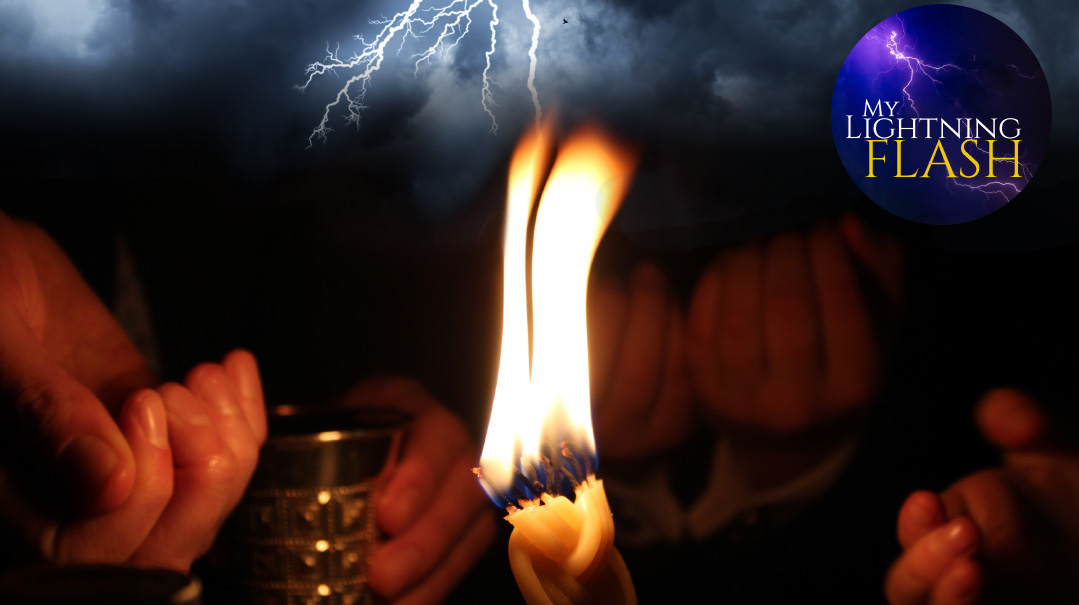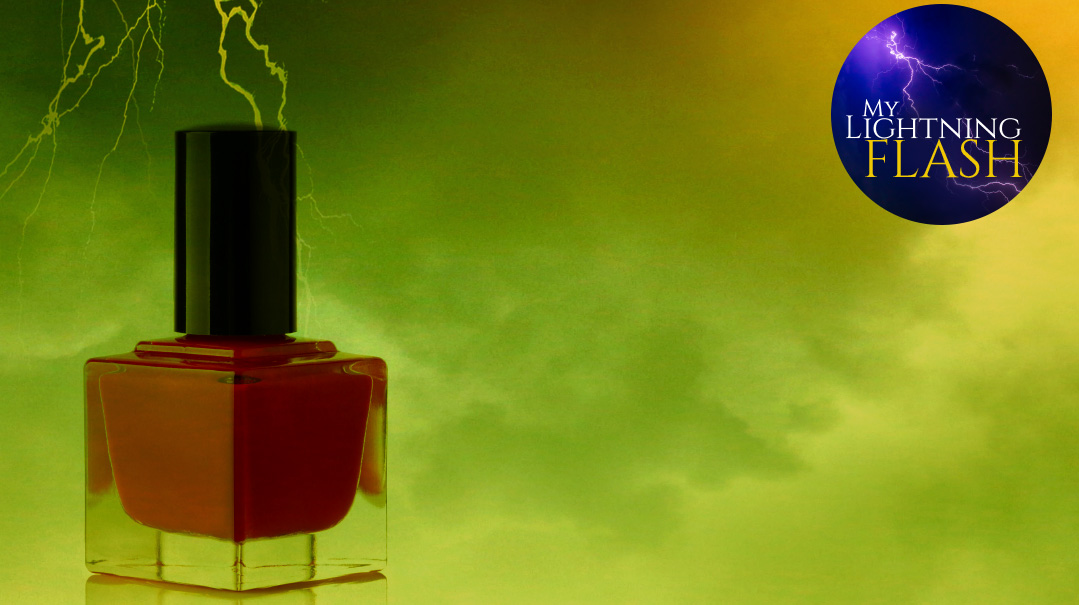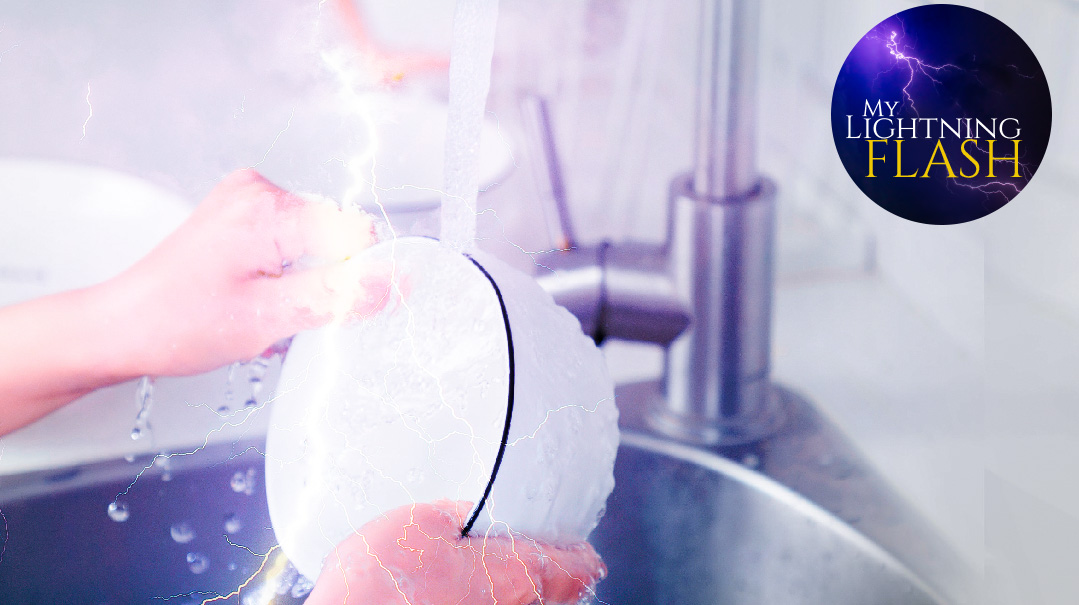Pieces Left Behind
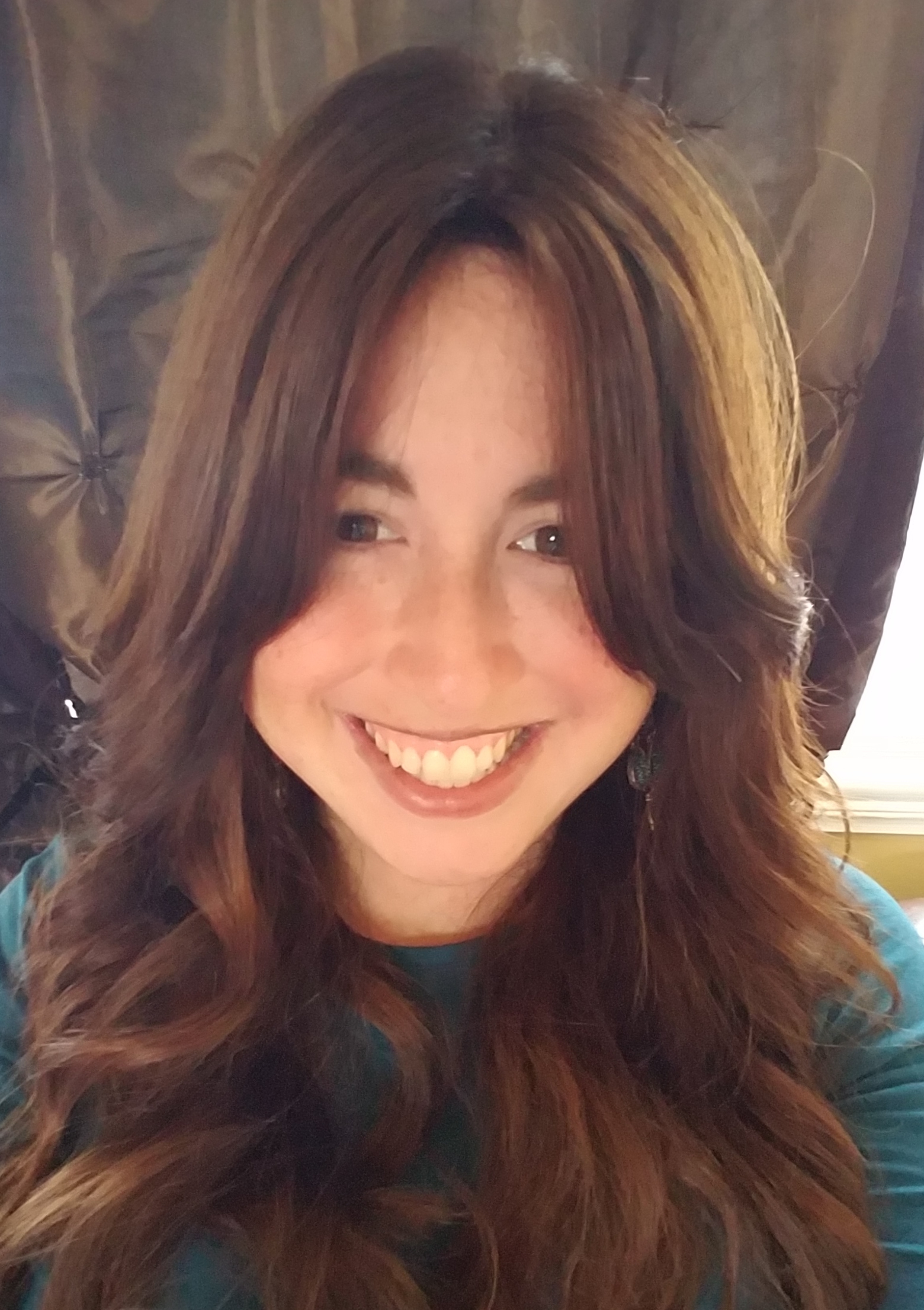
As we stood at Har Sinai, the experience flooded senses; we saw the thunder, heard the lightning. The lightning fades, but the sudden burst of clarity takes you forward. Six women share a moment that illuminated their path
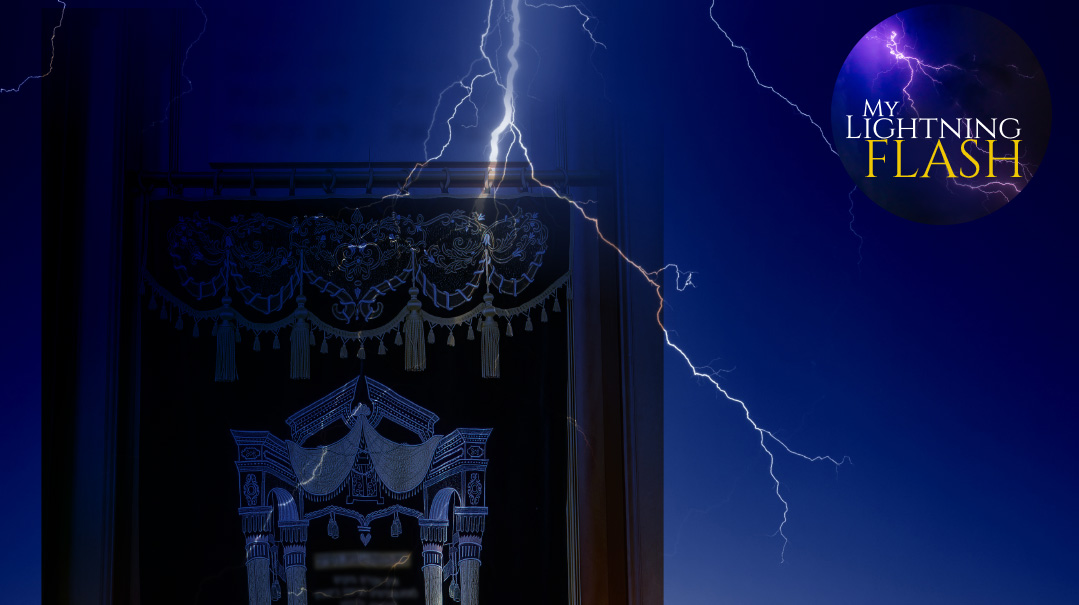
I break Cheerios into thirds, the metronome-like clicks sounding at regular intervals. I’m an overprotective first-time mother feeding my nine-month-old son as I chat outside the Shabbos group rooms.
Everything is new to me that first Shabbos as rebbetzin: the giant building, the women’s smiling faces, the sight of my 25-year-old husband giving a derashah at the front of the shul.
But slowly, we settle into our roles as rav and rebbetzin of this kehillah. The faces turn familiar and then beloved, the formerly intimidating building starts to feel like home, and before we know it, eight very formative years of our lives go by. In the haze of our many rabbinic responsibilities, we get several degrees and certifications under our belts, the beginnings of our first white hairs sprout, and three more children join our family (and I’m finally brave enough to feed the baby whole Cheerios!). But with the passage of time, our goals and visions shift too, and we realize it’s time to move on.
We know it’s the right decision, but it still hurts deeply. We’d given so much to our kehillah at a period in our lives when we were strapped for time to give. And to take it up a notch, for the past three years we lived in a neighboring community not within walking distance of the shul. Each Friday we gathered Shabbos food, Pack n’ Plays, suitcases, our young children, and all the accoutrements that come along with them. We’d sleep in shul classrooms over Shabbos, so we could run the many Shabbos minyanim, shiurim, and programming.
Over these years, the shul really has become home to my children. So much so that they sometimes wander down to Shabbos groups in footsie pajamas, and lead loud and adventurous games of hide-and-seek during the long afternoons. They respectfully attend minyanim, shul shalosh seudos, and shiurim. When my husband was sick one Shabbos, my eight-year-old even attempted to lead the Mishnah shiur that my husband normally gave to the boys.
On our final Shabbos there, there must have been cake. Probably herring. It was a Kiddush after all. But all I remember are tissues. Lots of them. I dab my tears and share the box with congregants who’ve become so dear to us over the years.
Finally, the last tray is tucked away in the kitchen, the last bottle is capped and returned to the fridge, and silence descends in the cavernous hallways… but we can’t leave. We feel like we’re in freeze frame as we struggle to walk out the door of the building for the very last time.
We decide to go into the makom tefillah and say some personal prayers before we leave. As I stand there in the ezras nashim, I think of all of the heartfelt tefillos I’ve offered up from that front row over these past eight years; tears during difficult pregnancies and losses, fervent supplications in the face of challenges, hopes for new years and forgiveness during the Yamim Noraim. I’m in awe as I think of all the tefillos from this very spot that have been answered, and I’m riveted, suddenly unable to move. The mid-twenties and early thirties are a time of immense change and growth, and I feel like it’s a different person standing in this room now than the one who’d entered holding a Ziplock baggie of Cheerios eight years before.
As I daven that the new path we’ve chosen should take us to good places, and thank Hashem for all He’s done for us so far, I begin to feel unsure, wondering if maybe all the pain of leaving this kehillah is a sign we should have stayed. We’ve given so much of ourselves to them, put in so much time, effort, and love.
Standing there, I suddenly have a lightening-flash awareness, where I feel for the first time in my life that I understand what the term “mesirus nefesh” truly means: It’s when you give of yourself to others in such a way that you literally hand over a piece of yourself, a piece that gets left behind with those people and places. And while leaving parts of yourself behind makes it hard to move on, I know in that moment that mesirus nefesh is part of a job well done, making one’s mark on the world and having a meaningful journey along the way.
There’s a midrash that says that the Torah is called “Toras Moshe” because Moshe put so much of himself into transmitting it to us that we call it by his name. It’s as if he left a piece of himself behind in it.
I take a deep breath and close my Tehillim. As we bundle into coats, leave the building, and watch the door close behind us for the last time, it’s this flash of understanding that helps me leave with a smile, bidding that piece of myself on the other side of the door a loving farewell.
(Originally featured in Family First, Issue 742)
Oops! We could not locate your form.


